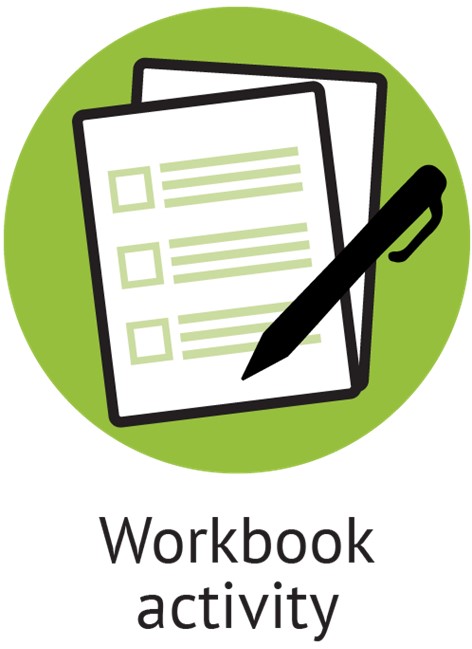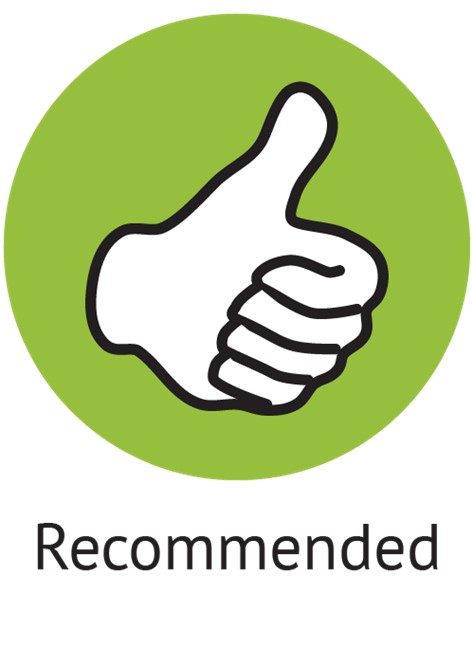Module 9 - Evaluating Sources
Evaluating Sources
Once you begin searching for resources you will have to evaluate them. Evaluating resources is an important part of the research process. In this module we will go through why this is important and how you can evaluate resources.
Learning outcomes
Upon completion of this module, you will be able to:
- Articulate the importance of evaluating resources
- Critically evaluate sources of literature using the "T.R.A.A.P" test

9.1 Why evaluate resources?
All research material or information found for publications, your thesis, essays or reports, should be evaluated to ensure it is the best research material available. Not all information has equal value, is accurate, or reputable. It is therefore essential to critically assess the usefulness and reliability of what has been found. When critically evaluating the literature, you should be looking for:
- The strengths of the studies
- The significance and contributions to the state of knowledge made by the writers/researchers
- The limitations, flaws or weaknesses of particular studies or even whole lines of enquiry
9.2 How to evaluate resources
This content was adapted from the Australian National University.
The T.R.A.A.P. Test is a list of questions to help you evaluate the information you find.
- Timeliness
- Relevance
- Authority
- Accuracy
- Purpose
These questions should be asked when assessing all types of resources whether they be journal articles, book chapters, or websites. Different criteria will be more or less important depending on your situation or need.
Evaluation Criteria
Timeliness
- When was the information published?
- Does the age of the information affect the accuracy?
- Is there a more recent version that supports or refutes the original?
- Are the links functional?
Relevance
- Who is the intended audience?
- Is it pitched at a scholarly audience?
- Have you looked at a variety of similar sources before selecting this one?
- Would you be comfortable citing this source?
Authority
- Where did the information come from?
- Is the author / publisher / sponsor identified?
- Can their credentials be verified?
- Has the source been cited in other research?
- Do you trust the source?
Accuracy
- Can the information be verified in other reliable sources?
- Does the research contain sufficient evidence to back it up?
- Has it been through a peer-review process?
- Are there spelling or grammatical errors?
Purpose
- Why was this information created?
- Does it seek to inform, provide facts, to sell, or to persuade you of something?
- Is there evidence of political, religious, institutional, or personal biases?
- Is the information objective and impartial?
Download printable word version of this checklist.
9.3 A few more things to consider as you evaluate sources of literature
Some more questions you should be asking yourself (in addition to the T.R.A.A.P. test) are:
- What is the significance of this research?
- Is the theoretical basis transparent?
- Is the methodology well justified as the most appropriate to study the problem?
- Is the review of the relevant literature in the article thorough and updated?
- How were the results analysed?
- How convincing is the argument in the article?
- Was the research influential? That is, have other researchers picked up the threads and pursued them?
- Does the evidence justify the generalisations?
- How is the study related to the research you are conducting?
9.4 Summary
It is through these processes of evaluation, that you are able to identify the best sources of literature to support your research – especially if you have found a lot of literature.

Progress to Module 10 - Writing Skills
Feedback
In order to improve this resource, please email us if you have any questions, comments, or feedback to SOL:AR


